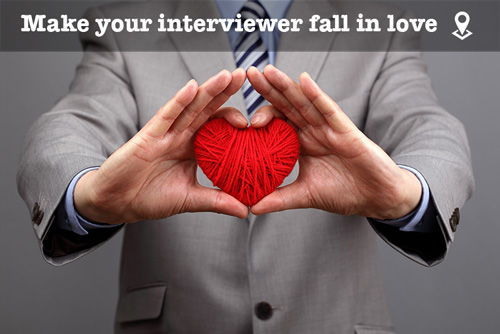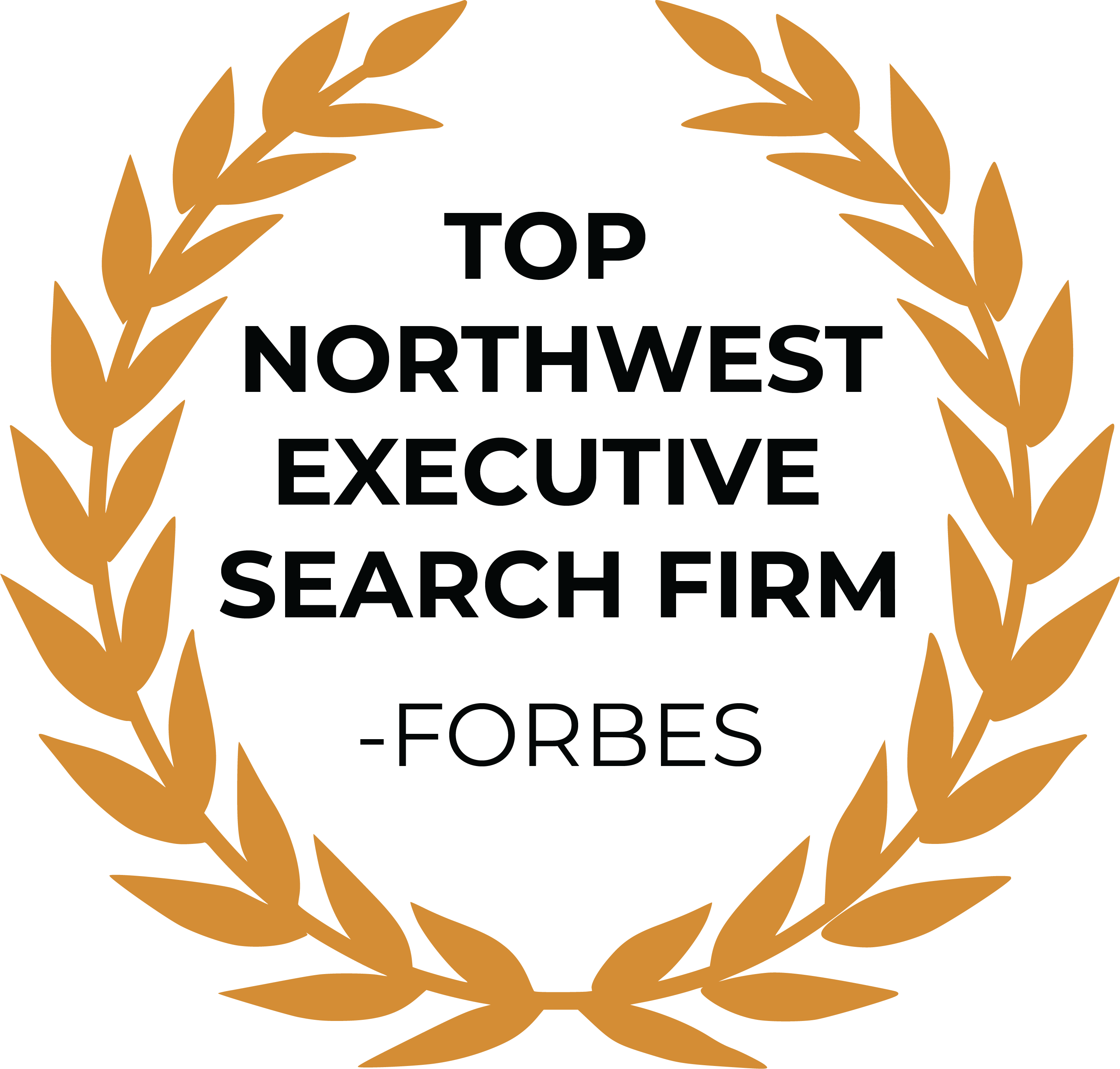10 Tips To Ace Your In-Person Interview

We’d like to invite you to meet the team to talk about the role.
It’s great to hear those words! Most companies won’t take the time to bring someone in for an in-person interview unless there is genuine interest. This article will help you maximize the opportunity.
As a reminder, the in-person interview is like speed dating. Both sides are trying to look for a good potential fit. Like dating: It’s not totally a scientific process. After prepping hundreds of people for interviews over 20 years, here are my Top 10 tips to help you ace your in-person job interview and find a match.
First, here’s a recruiter insider secret: The internal recruiters at a company should be interview pros, but most hiring managers and team members you meet are not. Most company hiring managers have not been formally trained in interviewing, and which means they’re often just as nervous as you.
As a result, the inexperienced people fall into “interviewer bias.” They respond more to first impressions and look for people like them. With that in mind, use these 10 quick tips to give yourself a competitive edge.
1. Do your research
Come prepared knowing everything you can about the company’s basic facts, industry, news, competition, competitive trends, insight from friends who work there, and reviews. This helps you ask better questions, and they will be impressed by your prep. It’s OK to bring your notes.
2. Be a secret shopper
Consider “secret shopping” at the company to give firsthand feedback on your experience as a customer (or prospect). This quickly changes the conversation to engaging questions like, “What did you think? What did you like? What ideas do you have for how we could improve?”
3. Practice the Top 2 questions
In every interview you will always get asked these two questions in some form: 1) What are you looking for?, and 2) Why are you interested in us?
These are the most important questions to prepare for, and strong responses can make a hugely positive first impression. Learn why these questions are so important, and how to answer them well.
4. Prepare your case studies
Facts tell, but stories sell. A good interview answer recites relevant facts and details. A great interview answer adds context with a compelling 3-4 narrative with you as the hero. Prepare personal case studies to share.
5. Dress one level above
In today’s business casual world and startup culture, the decision on what to wear to an interview can be confusing. If you haven’t seen the office in person, it’s OK to ask the recruiter at the company about the typical attire, in order to prevent surprises. Whatever the recruiter says, I recommend dressing one level above, but not two. For example, if people wear jeans and a dress shirt at the office, wear the same plus a casual sports coat, or a nice black sweater over the dress shirt, but not a tie.
6. Get there early
Give yourself enough travel time to arrive without feeling rushed so you can remain in a focused state of mind. Getting there a few minutes early also gives you a chance to observe the lobby area, people in the office, and decorations on the wall, all of which can provide good insight and conversation starters.
7. Come with a “first day of work” mindset
Imagine how you would talk and interact with team members on your first day of work. Professional, but not stuffy. Confident, but respectful. Inquisitive and curious, with questions on how things work and ready to brainstorm ideas. Visualize yourself already working there, and out of that confidence you can laugh at yourself and be at peace.
If you can do this well, the company will also start to visualize you on the team. They might even say things like, “Wow, it feels like you are already working for us. You fit right in!” That is an interview win.
8. Lean forward
People tend to mirror each other in social situations. When you lean back, they will lean back. When you lean forward, they will lean forward. Smile and they will smile. Go ahead, test this theory next time you chat with a friend over coffee. Very entertaining. In an interview, if you lean forward when making a point or telling key story, you’ll naturally increase engagement and attention with the listener.
9. Get them talking—ask questions
The more you can get your interviewer to talk, the better your interview will be perceived. People like to talk about themselves, so give them a chance and they will like you for it, strange as that may sound.
Questions also show a level of engagement, and you gain insights to help fine-tune your answers. Here are a few sample questions you could ask:
- * What brought you to this company, and why do you like it here?
- * What is the history of this role?
- * What key problems does this role solve for you?
- * If we mutually decided this is a good fit, what key success metrics would make you say, “Great job,” after my first year?
- * What are the key goals for your role in the next year and how could I help you succeed?
- * From your experience, how would you describe what makes a good culture fit here?
- * What does a “typical” day look like?
- * From my research, it seems you compete with _____, right? What gives you the competitive edge and winning deals over them?
- * What key things are you looking for to make your decision about whom to hire for this role? What does the process look like going forward from here?
10. Be yourself
When studying a company and reading interview advice, it’s easy to psych yourself out and start talking and acting like someone you think they want to see. Be professional, but relax and be yourself. If the company feels your natural self isn’t the right fit, you probably wouldn’t like the job either. People can smell a fake. Take a deep breath, and be at peace and confident with what you uniquely can offer.
Have fun, and good luck!
For more helpful job search tips: Ultimate Job Search Guide: Recruiter Insider Tips

